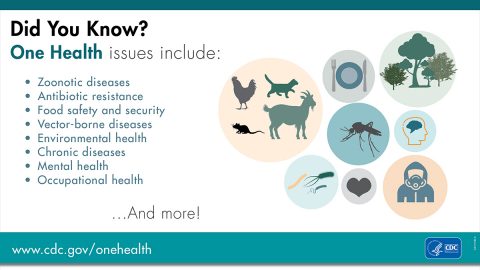Good Ideas On Picking Herbs Good For Dogs
Wiki Article
What Are The Most Frequent Diseases Animals Are Afflicted With?
The medical problems that animals face can be different according to nature, age and overall health of each animal. Common medical issues in animals comprise:
Heart Disease- Conditions like congestive heart failure may affect animals, especially older ones, and lead to reduced cardiac function. Endocrine disorders - Hormonal imbalances such as Cushing's Disease and hypothyroidism can have a negative impact on the health of animals.
Diabetes mellitus- Diabetes can affect pets. It requires insulin therapy as well as dietary changes.
Renal (Kidney Disease) Kidney disease is a condition that can be common in cats and dogs who are older. It can need medical treatment as well as dietary adjustments.
Bladder and Urinary Tract Problems - Infections in the bladder, urinary tract stones and urinary incontinence are a few of the conditions that can be affecting pets.
Allergies: Animals can be affected by allergies to food, environment, or contact, which can lead to skin and digestive problems.
Behavioral Issues - Behavior problems like aggression, anxiety and phobias can adversely affect pets' health and wellbeing. They may require the intervention of a veterinarian.
Early detection and prevention are essential to ensure the animal's health and well-being. A healthy diet, regular veterinary checks, vaccinations and control of parasites can help keep many of the typical medical problems in animals. Also, seek prompt medical attention when your pet exhibits any symptoms of illness or discomfort. Find the Top pet joint support supplements for more info.

What Are The Most Effective Supplements, Probiotics, And Vitamins For Dogs?
It is crucial to take into consideration your dog's individual needs and the advice from a veterinarian before deciding on vitamins, probiotics or supplements. While it is important to feed your dog an adequate and balanced diet certain breeds may need supplementation. Here are a few common dog supplements and their potential advantages.
Multivitamins- A high-quality dog food will provide all of the essential minerals and vitamins your dog needs. If your dog is under dietary restrictions, or needs assistance, it may be beneficial to take a multivitamin. It's important to make sure the multivitamin is designed specifically for dogs. Certain vitamins could cause harm if taken in large quantities. Omega-3 Fatty Acids Omega-3 fat oils, like fish oil can improve the condition of your coat and skin, reduce inflammation, and can also help joints. Animals suffering from skin allergies, allergies problems, arthritis or other issues are usually recommended to take them.
Probiotics: Probiotics contain beneficial bacteria that can boost digestion health and ensure an optimal gut microbiome. They are utilized to treat gastrointestinal issues like diarrhea, and to improve the immune system.
Glucosamine and Chondroitin- These supplements are often used to help support joint health and lessen arthritis symptoms for dogs, specifically those with large or old breed dogs.
Before giving your dog supplements, it's important to consult your veterinarian. They'll be able to offer recommendations that are specific to the needs of your pet. Your dog's health, age and size can affect the dosage. Supplementation too often could cause harm. The quality and safety may be different between supplements, which is why you must choose reliable brands. Consult your vet immediately in the event of any suspicious signs or reactions. A well-balanced and veterinarian-recommended diet is typically the best way to meet your dog's nutritional needs, and supplements should only be used when necessary and under professional guidance. The very best of the finest pet herbal supplements for cats with cognitive issues for blog info.

How Common Are Yeast Infections, Skin Allergies And Kidney Failure Among Dogs? What Treatment?
Skin allergies, yeast infections, and kidney failure can be found in dogs, and their prevalence varies based on various factors, including breed, age, and general health. Here's a look at these ailments, along with their severity and treatment options.
Yeast infections are prevalent in dogs. They usually occur in the areas of skin folds, ears, paws, and pads for paws. Breeds with folds on their skin, such as Bulldogs as well as Shar Peis are more prone to infections.
Symptoms: Symptoms include itching or redness, foul odor and discharge. Head shaking or discomfort is a common symptom of ear infections.
Treatment: Treatment includes treating the root cause (e.g. allergies or skin folds) by using antifungal creams applied to the skin, and in some cases oral antifungal medicine. Proper hygiene will help.
Despite the fact that these ailments can affect dogs, not every dog is affected. Additionally, their prevalence varies between breeds and dogs. Regular check-ups with your veterinarian, a healthy diet, and preventative measures (such controlling fleas, maintaining good hygiene, etc.) can help reduce the likelihood of. It's important to consult an veterinary specialist if you think that your pet is experiencing a medical condition, such as yeast infections, skin allergies or kidney issues. This will help determine the exact diagnosis and customize a treatment plan. Early intervention could improve your pet's quality of life and lead to better outcomes. The very best of the finest pet herbal supplements for military dogs for more advice.
